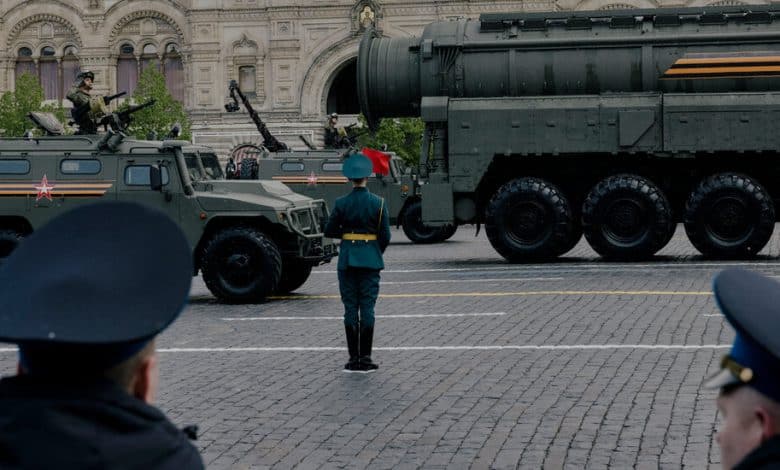U.S. Expands Sanctions on Russia as G7 Leaders Gather

The Biden administration announced a series of new financial sanctions Wednesday aimed at interrupting the fast-growing technological links between China and Russia that American officials believe are behind a broad effort to rebuild and modernize Russia’s military during its war with Ukraine.
The actions were announced just as President Biden was leaving the country for a meeting in Italy of the Group of 7 industrialized economies, where a renewed effort to degrade the Russian economy will be at the top of his agenda.
The effort has grown far more complicated in the past six or eight months after China, which previously had sat largely on the sidelines, has stepped up its shipments of microchips, optical systems for drones and components for advanced weaponry, U.S. officials said. But so far Beijing appears to have heeded Mr. Biden’s warning against shipping weapons to Russia, even as the United States and NATO continue to arm Ukraine.
Announcing the new sanctions, Treasury Secretary Janet L. Yellen said in a statement that “Russia’s war economy is deeply isolated from the international financial system, leaving the Kremlin’s military desperate for access to the outside world.”
At the heart of the new measures is an expansion of “secondary” sanctions that give the United States the power to blacklist any bank around the world that does business with Russian financial institutions already facing sanctions. This is intended to deter smaller banks, especially in places like China, from helping Russia finance its war effort.
The Treasury Department also imposed restrictions on the stock exchange in Moscow in hopes of preventing foreign investors from propping up Russian defense companies. The sanctions hit several Chinese companies that are accused of helping Russia gain access to critical military equipment such as electronics, lasers and drone components.